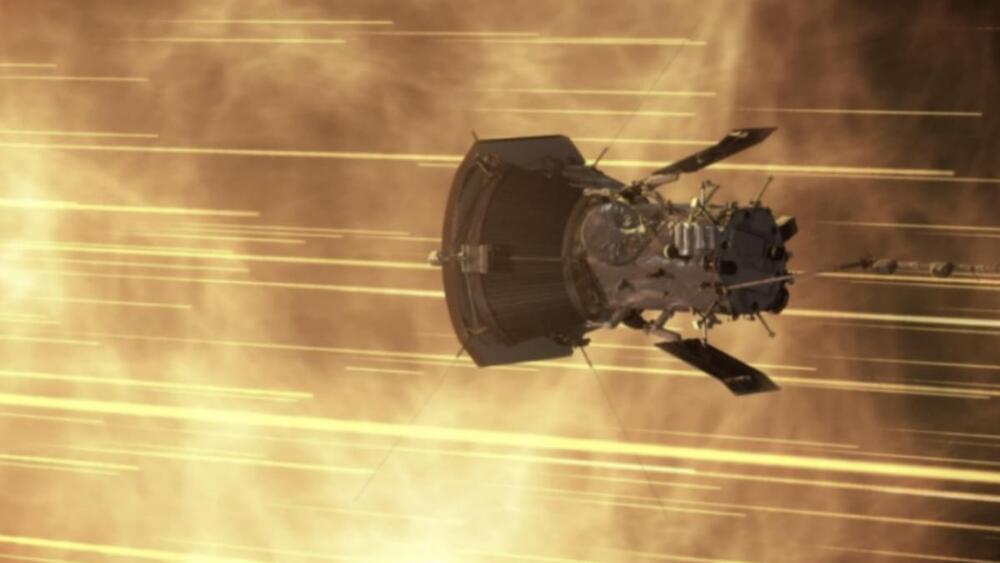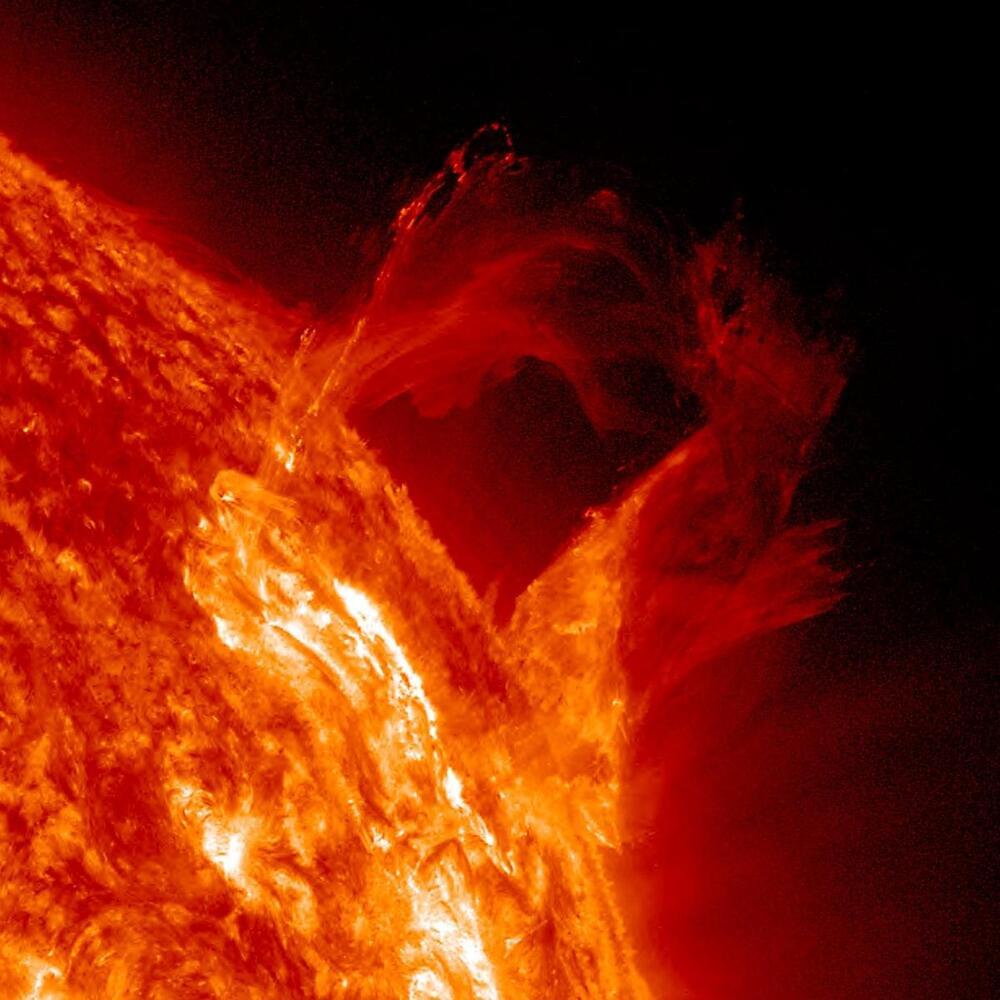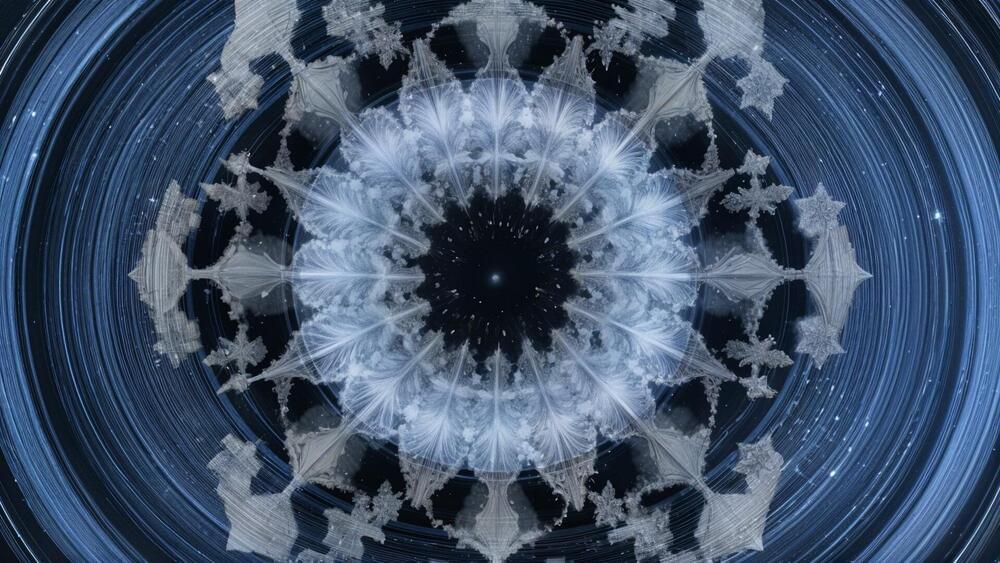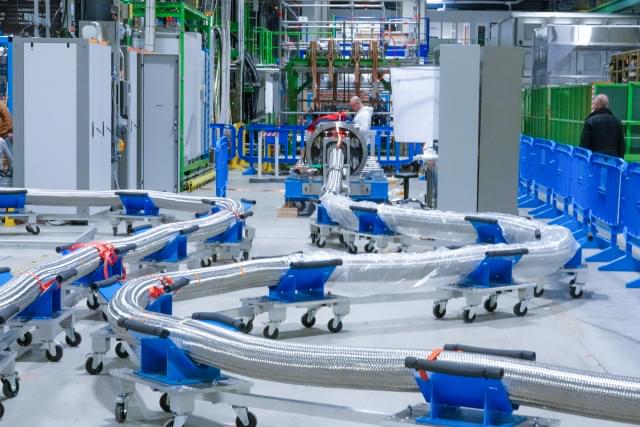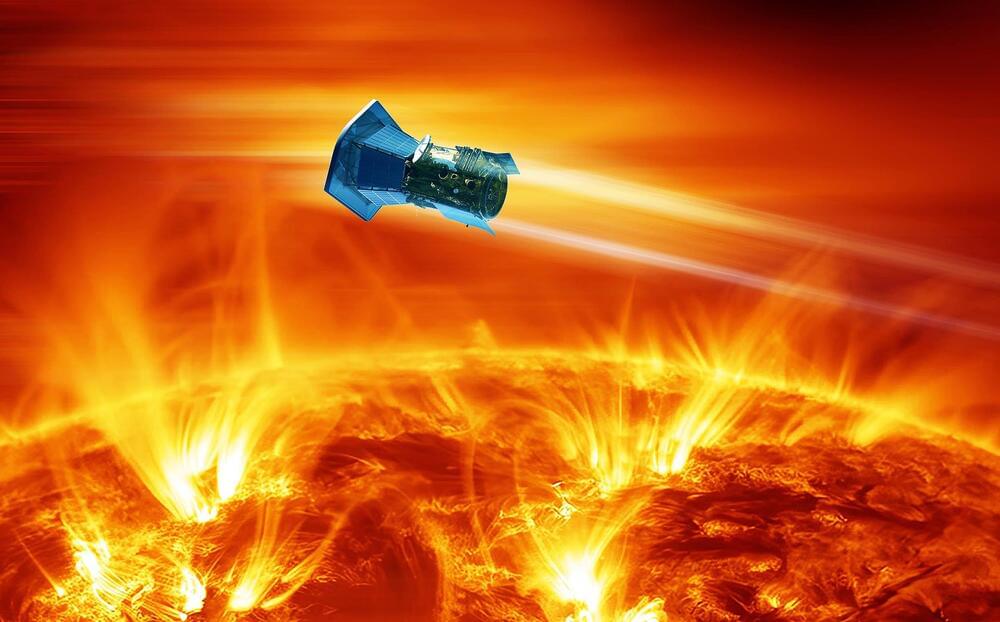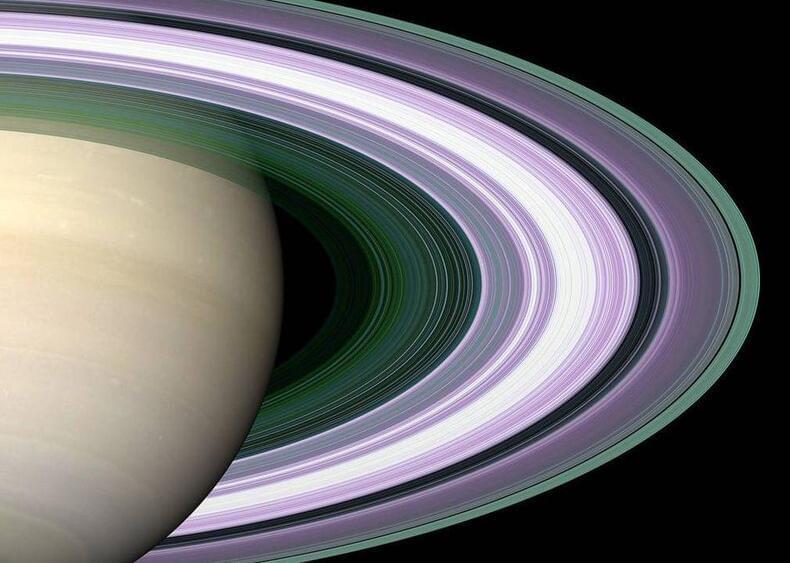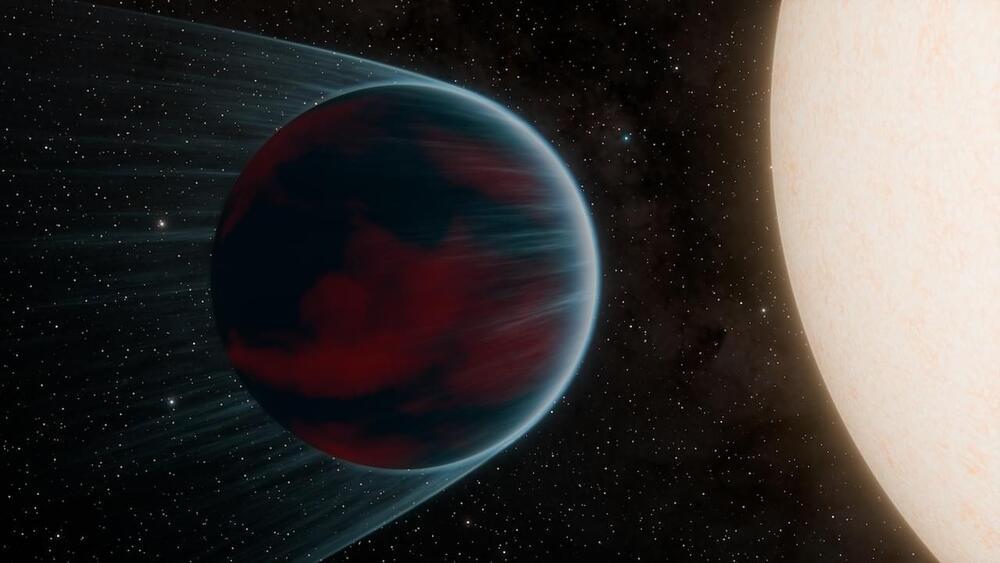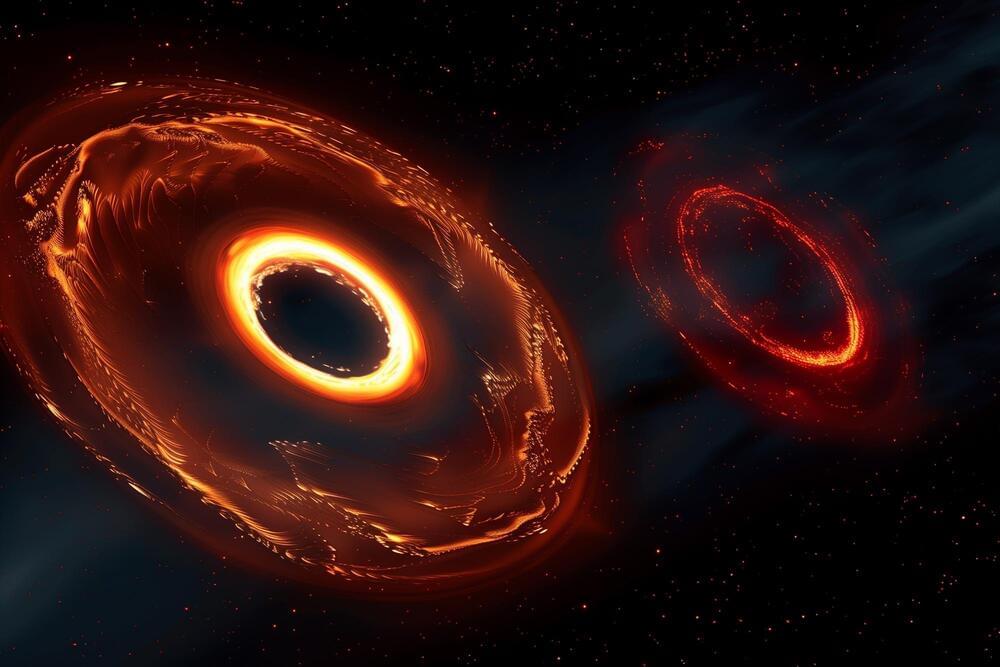To make this record-breaking pass, the nearly 10-foot-long probe has made 22 orbits around the sun, allowing it to swoop ever deeper into the corona. And while doing so, the spacecraft has been continually picking up speed. When you repeatedly swing by such a massive and gravitationally powerful object — the sun is a sphere of hot gas 333,000 times as massive as our planet — you accrue lots of speed. Out in space, there’s nothing to stop this motion.
On this close flyby, the probe reached some 430,000 miles per hour (692,000 kilometers per hour).
“That’s like going from Philadelphia to Washington, D.C. in one second,” marveled Raouafi. “It’s fascinating. It’s the fastest human-made object ever.”
